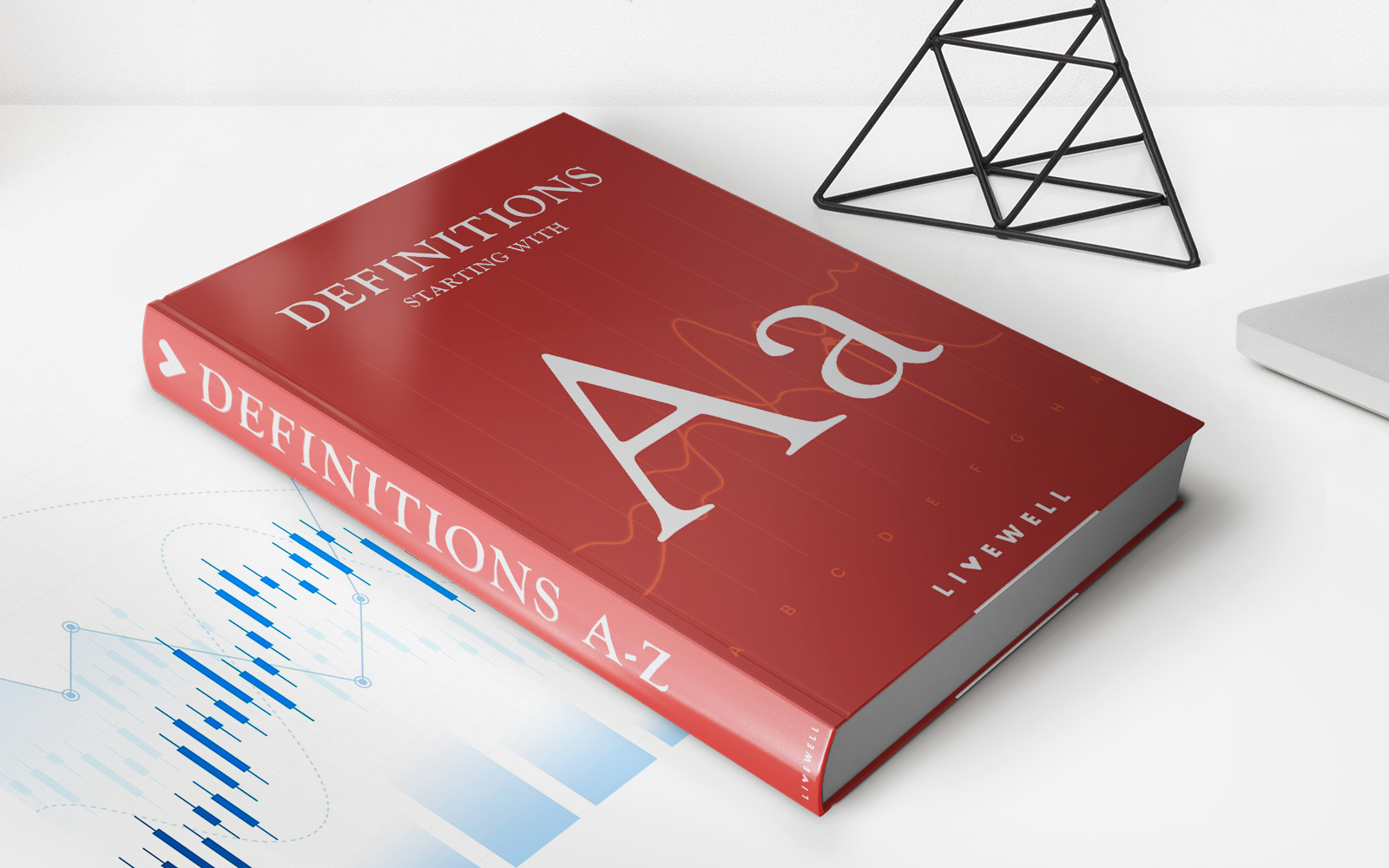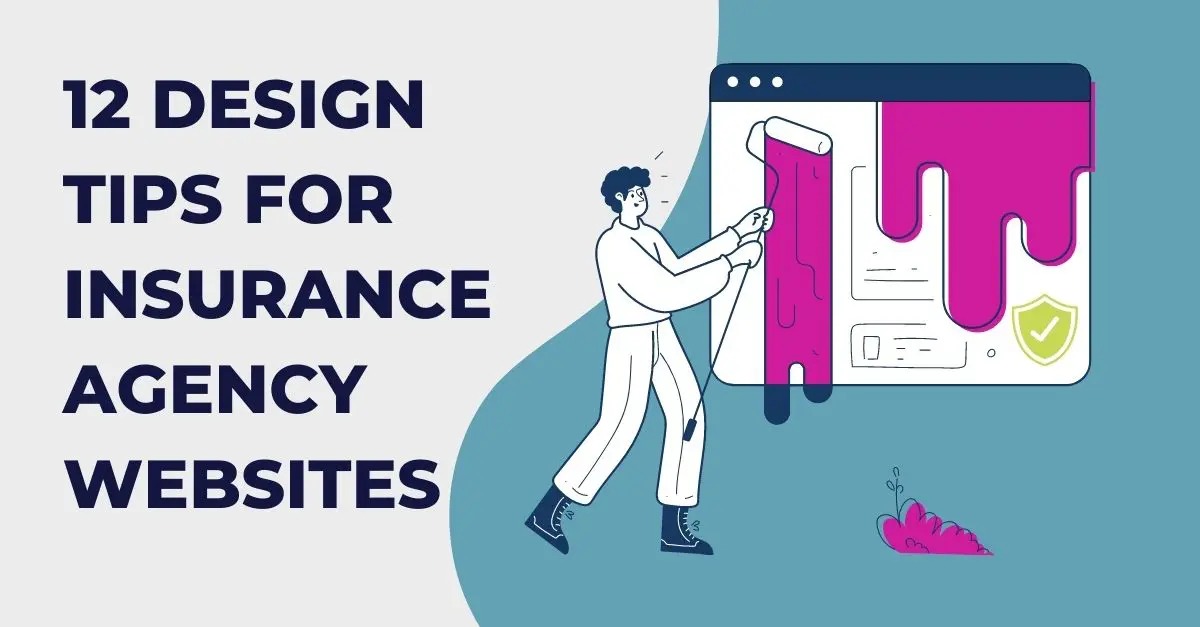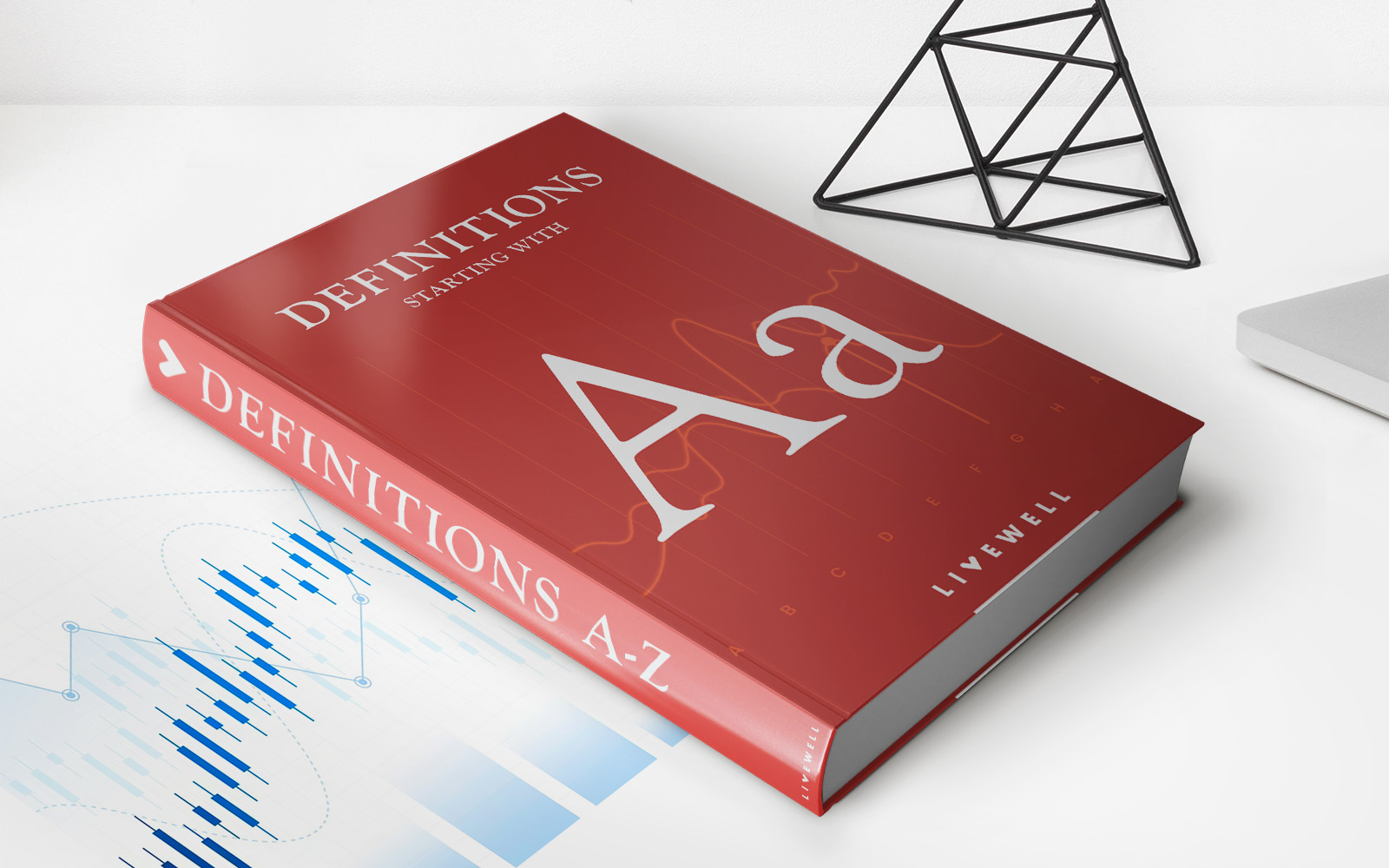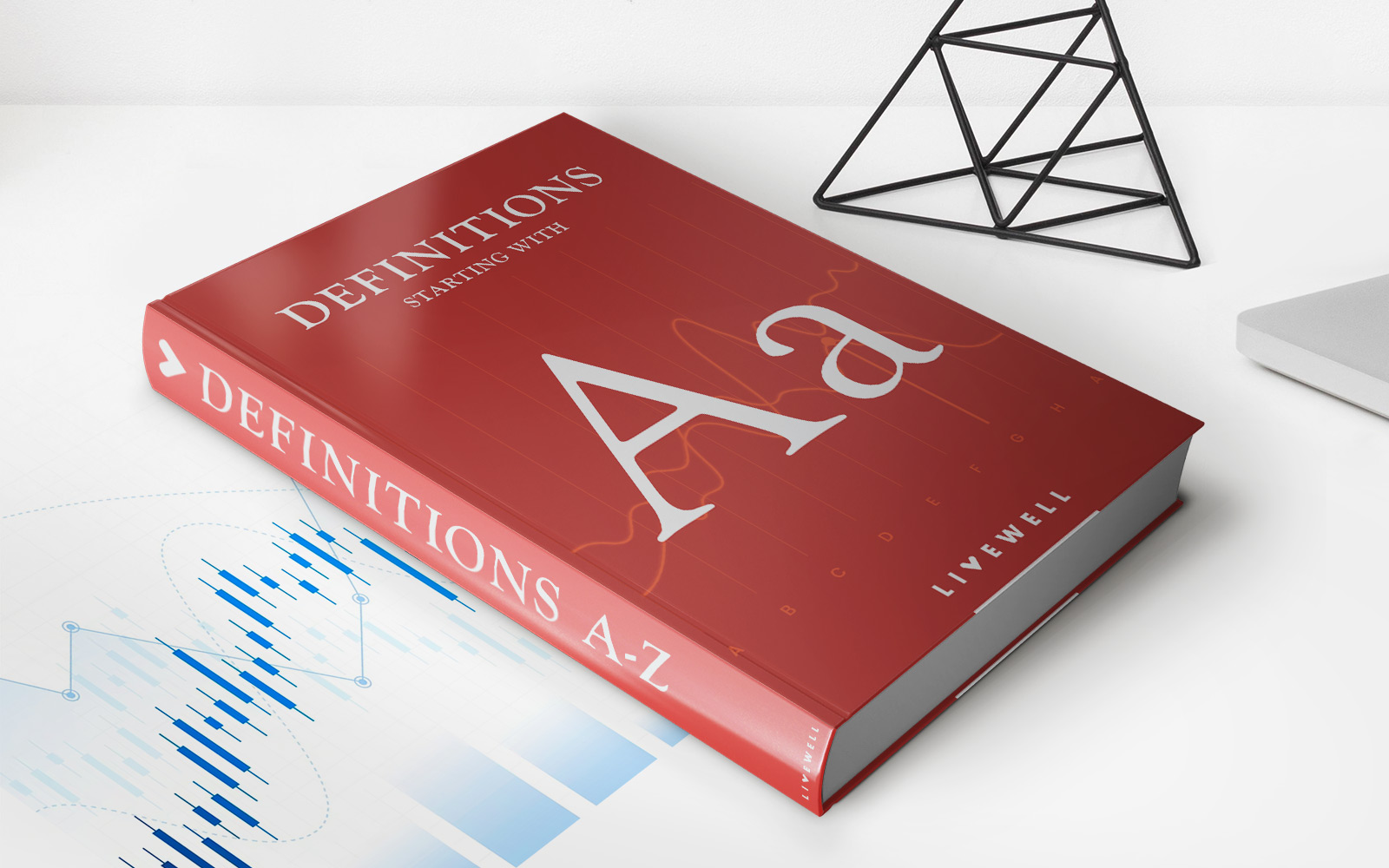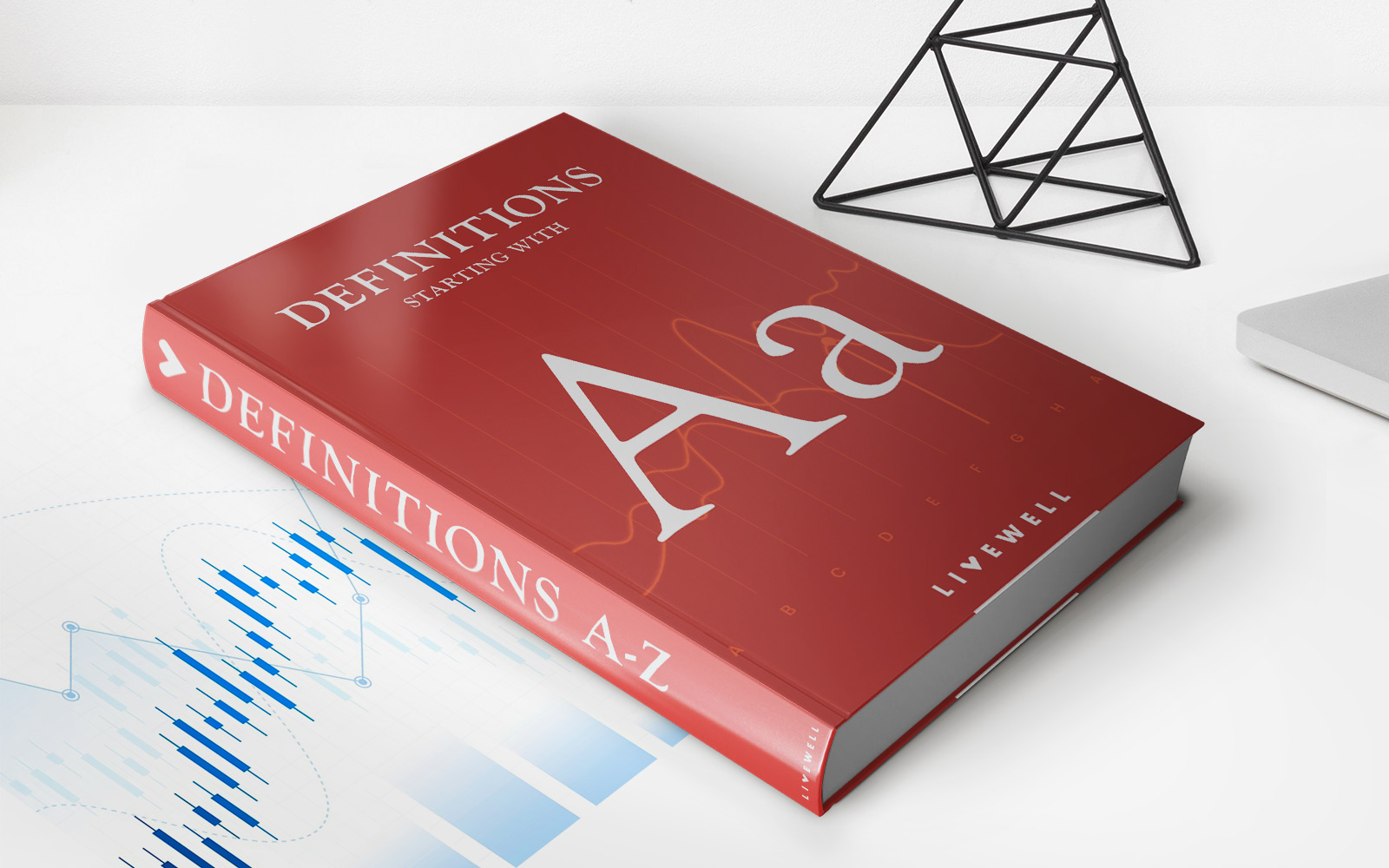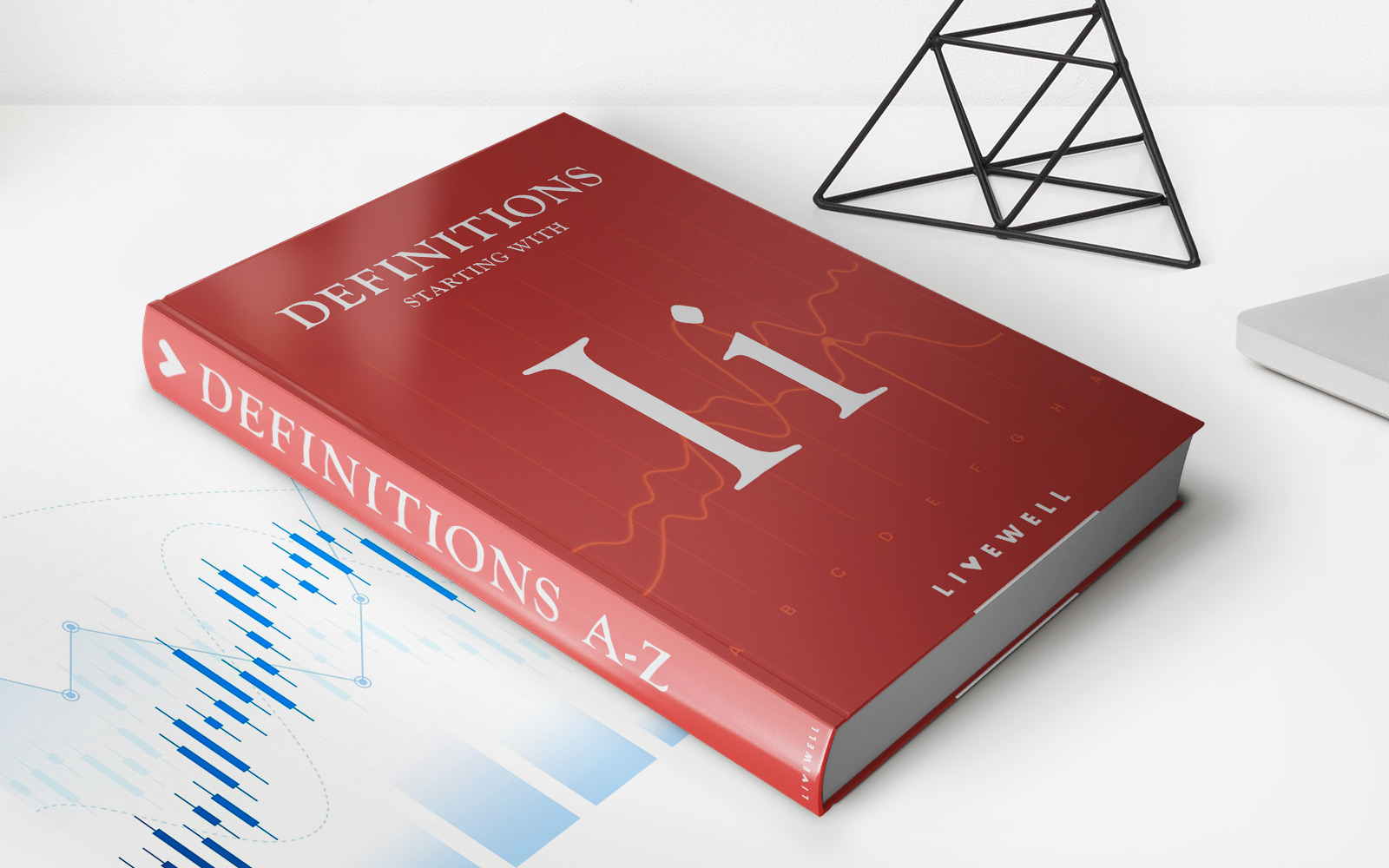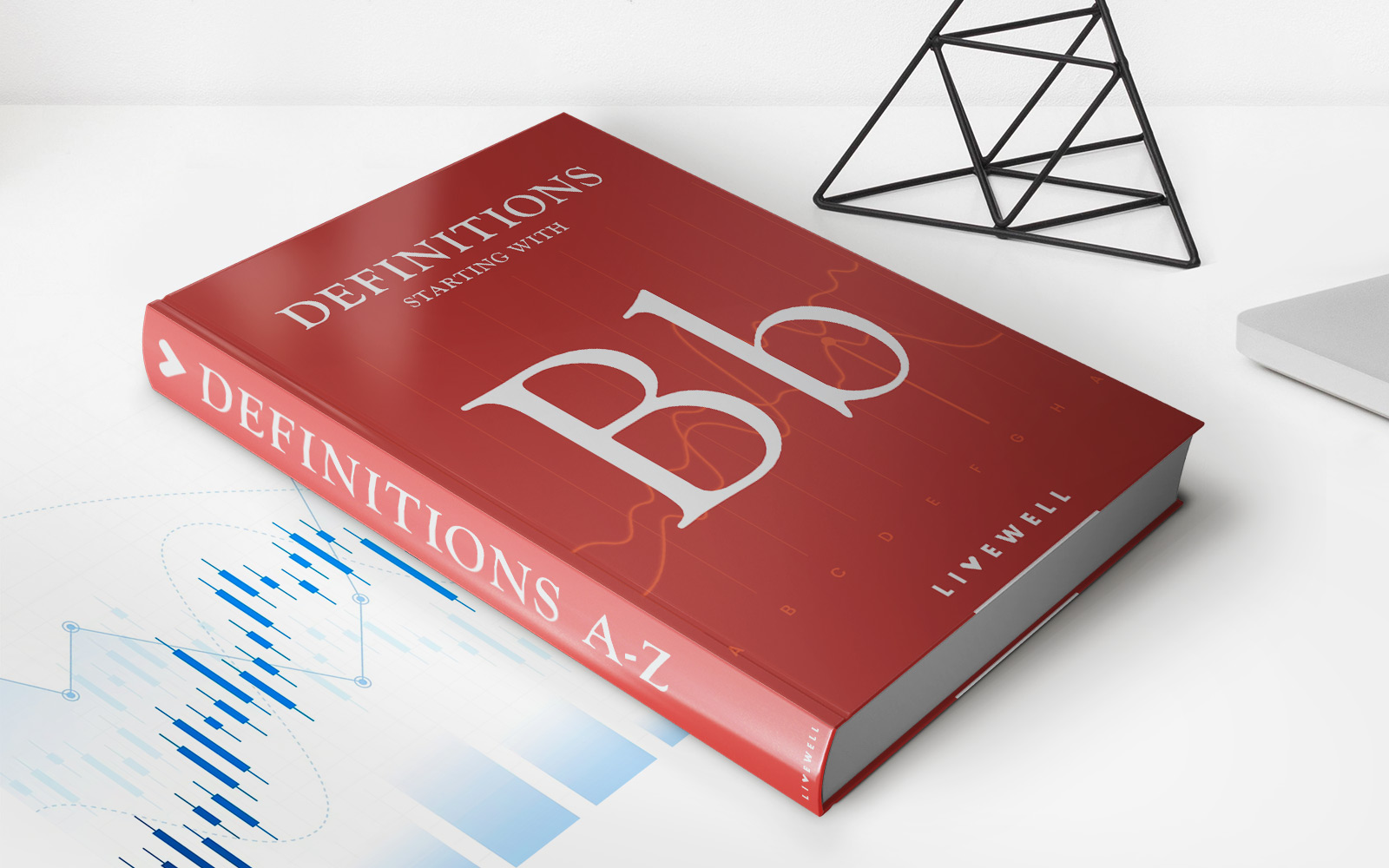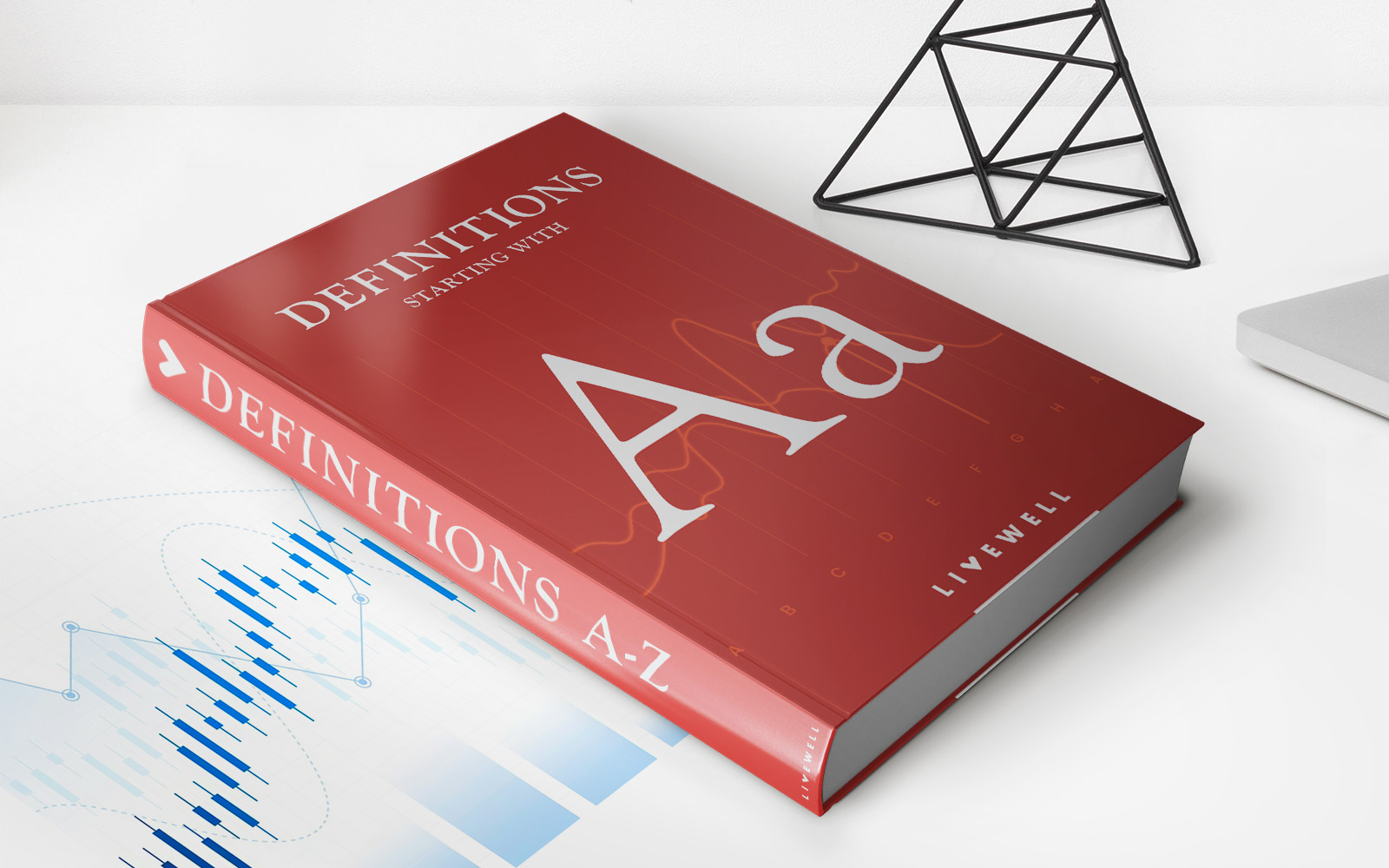

Finance
What Are Agency Loans?
Published: February 18, 2024
Learn about agency loans and how they can help finance your business. Understand the benefits and considerations of using agency loans for your financial needs.
(Many of the links in this article redirect to a specific reviewed product. Your purchase of these products through affiliate links helps to generate commission for LiveWell, at no extra cost. Learn more)
Table of Contents
Introduction
Agency loans play a pivotal role in the realm of finance, offering individuals and businesses the opportunity to secure funding for various purposes. These loans are extended by government-sponsored enterprises (GSEs) or federal agencies, providing a level of assurance and stability that is highly sought after in the lending landscape. Understanding the nuances of agency loans is essential for anyone navigating the complex terrain of financial options.
These loans are known for their favorable terms and competitive interest rates, making them an attractive choice for borrowers across different sectors. From homebuyers seeking mortgages to small businesses in need of capital, agency loans present a viable avenue for accessing the funds necessary to achieve diverse financial goals.
In this article, we will delve into the intricacies of agency loans, exploring the different types available, their benefits, and potential drawbacks. By gaining a comprehensive understanding of agency loans, readers will be equipped to make informed decisions regarding their financial endeavors. Whether you are a prospective borrower or simply wish to expand your knowledge of the financial landscape, this exploration of agency loans will provide valuable insights into this critical aspect of the lending industry.
Understanding Agency Loans
Agency loans are financial products that are backed or issued by government-sponsored enterprises (GSEs) or federal agencies. These entities provide a level of oversight and support that instills confidence in lenders and borrowers alike. The involvement of these agencies often translates to more favorable terms, lower interest rates, and increased accessibility for a wide range of borrowers.
One of the key distinctions of agency loans is their backing by government-sponsored entities, which serve to mitigate risk and promote liquidity in the lending market. This backing can be particularly appealing to lenders, as it reduces the potential for default and enhances the overall stability of the loan. As a result, borrowers may benefit from more lenient eligibility criteria and more competitive interest rates.
It’s important to note that agency loans encompass a diverse array of financial products, catering to various needs within the consumer, residential, and commercial sectors. For instance, agency mortgages are a popular form of home financing, offering borrowers the opportunity to purchase a home with favorable terms and lower down payment requirements.
Furthermore, agency loans are often subject to conforming loan limits, which are established by regulatory bodies to ensure that the loans meet specific criteria related to size and other parameters. This standardization contributes to the uniformity and predictability of agency loans, making them a reliable option for both borrowers and lenders.
Overall, agency loans are designed to provide stability, accessibility, and favorable terms, making them an attractive choice for individuals and businesses alike. By understanding the underlying principles of agency loans, borrowers can make informed decisions about their financial needs and leverage these products to achieve their goals.
Types of Agency Loans
Agency loans encompass a diverse range of financial products, each tailored to meet specific needs within the lending landscape. Understanding the different types of agency loans is crucial for individuals and businesses seeking funding for various purposes. Below are some common types of agency loans:
- Agency Mortgages: These loans are designed to facilitate home purchases, offering favorable terms and lower down payment requirements. Government-sponsored entities such as Fannie Mae and Freddie Mac play a significant role in the mortgage market, providing stability and liquidity.
- Small Business Administration (SBA) Loans: The SBA offers a variety of loan programs to support small businesses, including 7(a) loans, CDC/504 loans, and microloans. These loans are backed by the federal agency, providing crucial funding to entrepreneurs and small business owners.
- Agricultural Loans: Agricultural agencies such as the Farm Service Agency (FSA) provide loans to farmers and ranchers, supporting their operations and promoting rural development. These loans often feature competitive interest rates and flexible terms tailored to the unique needs of the agricultural sector.
- Student Loans: Federal student loans, including Direct Subsidized and Unsubsidized Loans, are a form of agency loans that provide financial assistance to students pursuing higher education. These loans offer fixed interest rates and various repayment options to accommodate students’ financial circumstances.
- Export-Import Bank Financing: The Export-Import Bank of the United States offers financing solutions to support the export of U.S. goods and services. These agency loans help exporters and buyers access the funding necessary to engage in international trade.
These are just a few examples of the diverse array of agency loans available to borrowers. Each type of agency loan serves a specific purpose, catering to the unique needs of individuals and businesses across different sectors of the economy.
Benefits of Agency Loans
Agency loans offer a host of advantages for borrowers, making them an appealing choice for individuals and businesses seeking financial assistance. Understanding the benefits of agency loans can empower borrowers to make informed decisions and leverage these products to achieve their objectives. Some key benefits of agency loans include:
- Favorable Terms: Agency loans often come with favorable terms, including competitive interest rates and flexible repayment options. This can significantly reduce the financial burden on borrowers and make the loan more manageable over time.
- Government Backing: The involvement of government-sponsored entities or federal agencies provides a level of assurance and stability, instilling confidence in both lenders and borrowers. This backing can lead to more lenient eligibility criteria and increased accessibility for a wide range of borrowers.
- Standardization: Many agency loans are subject to conforming loan limits and standardized requirements, promoting uniformity and predictability in the lending process. This can simplify the borrowing experience and make it easier for borrowers to understand and navigate the loan terms.
- Support for Specific Purposes: Certain agency loans, such as SBA loans and agricultural loans, are specifically tailored to support small businesses, farmers, and other niche sectors. This targeted support can provide crucial funding where it is most needed, contributing to economic growth and stability.
- Liquidity and Market Stability: The presence of government-sponsored entities in the lending market helps promote liquidity and stability, which can benefit both lenders and borrowers. This can lead to a more robust and reliable lending environment for all parties involved.
These benefits collectively make agency loans an attractive option for borrowers across various sectors. Whether individuals are seeking to purchase a home, start a small business, pursue higher education, or engage in international trade, agency loans offer a range of advantages that can facilitate their financial endeavors.
Drawbacks of Agency Loans
While agency loans offer numerous benefits, it’s important to consider potential drawbacks that borrowers may encounter when opting for these financial products. Understanding the limitations of agency loans can help individuals and businesses make well-informed decisions about their borrowing needs. Some common drawbacks of agency loans include:
- Rigid Eligibility Criteria: Agency loans may have stringent eligibility requirements, particularly in terms of credit scores, income verification, and debt-to-income ratios. This can make it challenging for some borrowers to qualify for these loans, especially if they do not meet the specific criteria set forth by the government-sponsored entities or federal agencies.
- Loan Limits: Certain agency loans are subject to conforming loan limits, which may restrict the amount that borrowers can access. This limitation could pose a challenge for individuals or businesses seeking substantial funding beyond the established loan limits.
- Processing Time: Due to the standardized nature of agency loans and the involvement of government oversight, the processing time for these loans may be longer compared to private or non-agency loans. This could potentially delay the funding that borrowers require for time-sensitive purposes.
- Regulatory Compliance: Borrowers and lenders engaging in agency loans must adhere to specific regulatory requirements set by the government-sponsored entities or federal agencies. This compliance can introduce additional complexities and administrative burdens throughout the loan process.
- Reduced Flexibility: Agency loans may offer less flexibility in terms of customizing loan terms or negotiating specific conditions, as they are often subject to standardized guidelines and regulations. This reduced flexibility could limit the options available to borrowers based on their unique financial circumstances.
It’s essential for borrowers to weigh these drawbacks against the benefits of agency loans when considering their financing options. While agency loans provide stability, favorable terms, and government backing, they may also come with certain limitations that could impact the borrowing experience for some individuals and businesses.
Conclusion
Agency loans serve as a cornerstone of the lending landscape, offering individuals and businesses access to vital funding with the support and stability provided by government-sponsored entities and federal agencies. Understanding the intricacies of agency loans is crucial for borrowers seeking financial assistance for diverse purposes.
While agency loans present a range of benefits, including favorable terms, government backing, and specialized support for specific sectors, it’s important to acknowledge potential drawbacks such as rigid eligibility criteria, loan limits, and reduced flexibility. By considering these factors, borrowers can make informed decisions about their financing needs and determine whether agency loans align with their objectives.
Ultimately, agency loans play a pivotal role in promoting liquidity, stability, and accessibility in the lending market. Whether it’s facilitating home purchases, supporting small businesses, or promoting international trade, agency loans offer a diverse array of financial products tailored to meet the unique needs of borrowers across different sectors of the economy.
By recognizing the benefits and drawbacks of agency loans, individuals and businesses can navigate the borrowing process with clarity and confidence, leveraging these financial products to achieve their goals while being mindful of the considerations that come with opting for government-backed lending options.
As the financial landscape continues to evolve, agency loans remain a vital resource for borrowers, providing a foundation of support and reliability in an ever-changing economic environment.

